CHICAGO, Ill., USA: Parents should be aware that bacteria that cause dental decay can be transmitted from adult to child by sharing eating utensils, or by the parent sucking on a baby’s pacifier to clean it. A study recently published in Pediatrics, the journal of the American Academy of Pediatrics, about the immunological benefits of adult saliva does not provide the full picture that adult saliva may also contain bacteria that causes decay, according to the American Dental Association.
Licking a pacifier, as promoted in the study, can transfer the cavity-causing bacteria from the parent to baby, increasing the possibility of tooth decay as they grow.
“A child’s teeth are susceptible to decay as soon as they begin to erupt,” said Dr. Jonathan Shenkin, a pediatric dentist in Maine and a pediatric dental spokesperson for the ADA. “Cavity-causing bacteria, especially Streptococcus mutans, can be transferred from adult saliva to children, increasing their risk of getting cavities.”
Shenkin points to other steps that parents can take to help children develop a healthy immune system. “Breast milk is widely acknowledged as a good immunity-builder as well as the most complete form of nutrition for infants. This is something on which both the ADA and the AAP agree,” he said.
The ADA recommends that parents protect the dental health of young children by promoting a healthy diet, monitoring their intake of food and drink, brushing their teeth or wiping gums after mealtimes and by having infants finish their bedtime or naptime bottle before going to bed.
The ADA recommends that children receive their first dental visit within six months of eruption of the first tooth and no later than 12 months of age.
(Source: ADA)
CLEVELAND, OH, USA: Researchers at the Department of Periodontics at Case Western Reserve University School of Dental Medicine reported the first documented...
CAMBRIDGE, Mass., USA: Researchers at Tufts University School of Dental Medicine and the Forsyth Institute have published a study that found a significant ...
NEW YORK, N.Y., USA: Poor oral health, including gum disease and dental problems, was found to be associated with oral human papillomavirus (HPV) infection,...
Research has proven that dental stem cells hold potential for the successful regeneration of dental and other body tissues. In May, experts from around the ...
ChairsideCAD, available from exocad, is the choice of software for leading manufacturers of dental CAD/CAM systems, according to the company, and it has ...
CLEVELAND, Ohio, USA: A discovery by researchers at Case Western Reserve University (CWRU) in Cleveland could help to explain the origins of foodborne ...
Baltimore, Md., USA: Scientists using nanotechology at the University of Maryland School of Dentistry have created what they call the first cavity-filling ...
BUFFALO, N.Y., USA: Researchers at the University at Buffalo have received a $239,000 grant from the National Institute of Dental and Craniofacial Research ...
Amber is an assistant in Dr. D’s office. She’s what you picture when you think “free spirited.” She likes to color her hair a new ...
For the first time since 2019, the Academy of Osseointegration’s annual meeting is back in person. After being canceled in 2020 and being done virtually ...
Live webinar
Tue. 3 March 2026
11:00 AM EST (New York)
Dr. Omar Lugo Cirujano Maxilofacial
Live webinar
Tue. 3 March 2026
8:00 PM EST (New York)
Dr. Vasiliki Maseli DDS, MS, EdM
Live webinar
Wed. 4 March 2026
12:00 PM EST (New York)
Munther Sulieman LDS RCS (Eng) BDS (Lond) MSc PhD
Live webinar
Wed. 4 March 2026
1:00 PM EST (New York)
Live webinar
Fri. 6 March 2026
3:00 AM EST (New York)
Live webinar
Tue. 10 March 2026
4:00 AM EST (New York)
Assoc. Prof. Aaron Davis, Prof. Sarah Baker



 Austria / Österreich
Austria / Österreich
 Bosnia and Herzegovina / Босна и Херцеговина
Bosnia and Herzegovina / Босна и Херцеговина
 Bulgaria / България
Bulgaria / България
 Croatia / Hrvatska
Croatia / Hrvatska
 Czech Republic & Slovakia / Česká republika & Slovensko
Czech Republic & Slovakia / Česká republika & Slovensko
 France / France
France / France
 Germany / Deutschland
Germany / Deutschland
 Greece / ΕΛΛΑΔΑ
Greece / ΕΛΛΑΔΑ
 Hungary / Hungary
Hungary / Hungary
 Italy / Italia
Italy / Italia
 Netherlands / Nederland
Netherlands / Nederland
 Nordic / Nordic
Nordic / Nordic
 Poland / Polska
Poland / Polska
 Portugal / Portugal
Portugal / Portugal
 Romania & Moldova / România & Moldova
Romania & Moldova / România & Moldova
 Slovenia / Slovenija
Slovenia / Slovenija
 Serbia & Montenegro / Србија и Црна Гора
Serbia & Montenegro / Србија и Црна Гора
 Spain / España
Spain / España
 Switzerland / Schweiz
Switzerland / Schweiz
 Turkey / Türkiye
Turkey / Türkiye
 UK & Ireland / UK & Ireland
UK & Ireland / UK & Ireland
 International / International
International / International
 Brazil / Brasil
Brazil / Brasil
 Canada / Canada
Canada / Canada
 Latin America / Latinoamérica
Latin America / Latinoamérica
 China / 中国
China / 中国
 India / भारत गणराज्य
India / भारत गणराज्य
 Pakistan / Pākistān
Pakistan / Pākistān
 Vietnam / Việt Nam
Vietnam / Việt Nam
 ASEAN / ASEAN
ASEAN / ASEAN
 Israel / מְדִינַת יִשְׂרָאֵל
Israel / מְדִינַת יִשְׂרָאֵל
 Algeria, Morocco & Tunisia / الجزائر والمغرب وتونس
Algeria, Morocco & Tunisia / الجزائر والمغرب وتونس
 Middle East / Middle East
Middle East / Middle East
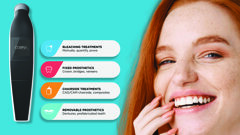
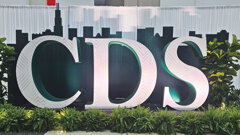

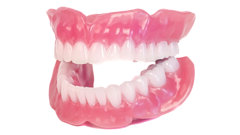
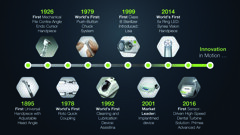



























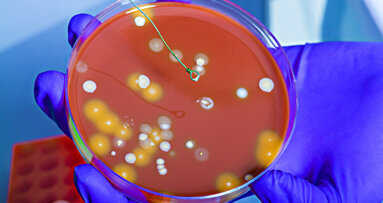
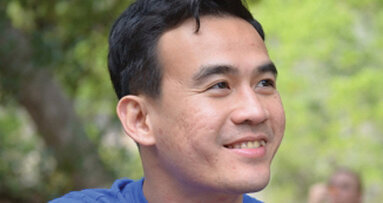
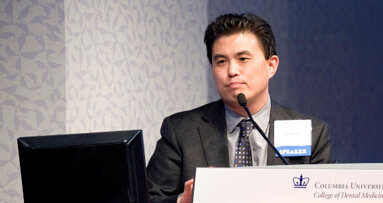
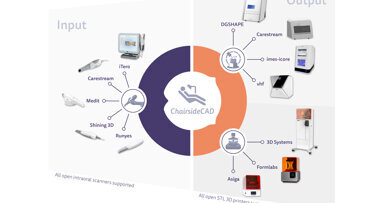
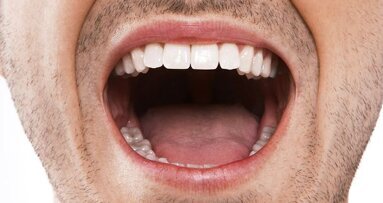
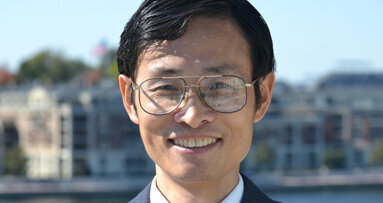
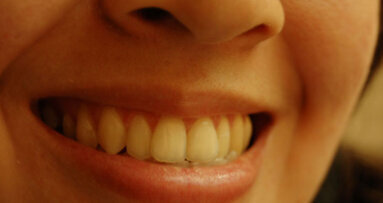

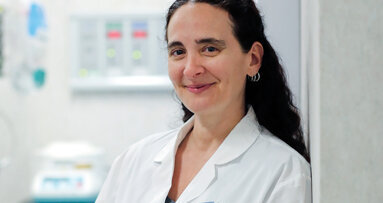

















To post a reply please login or register